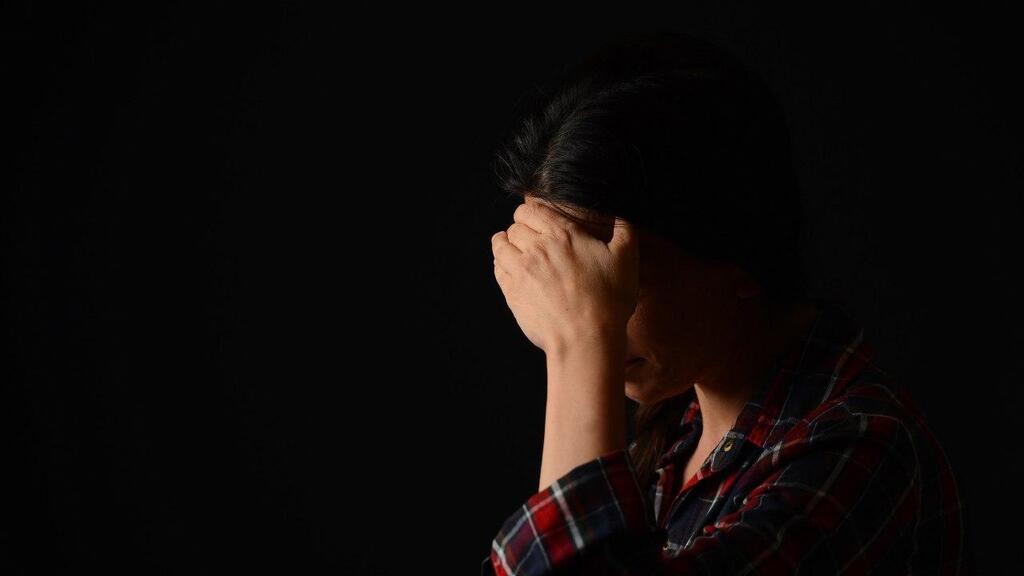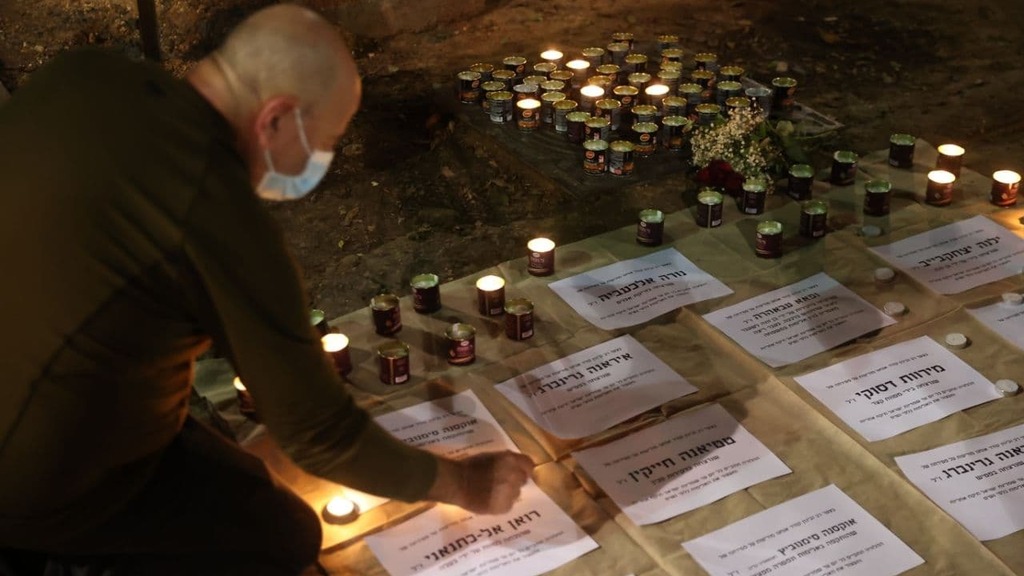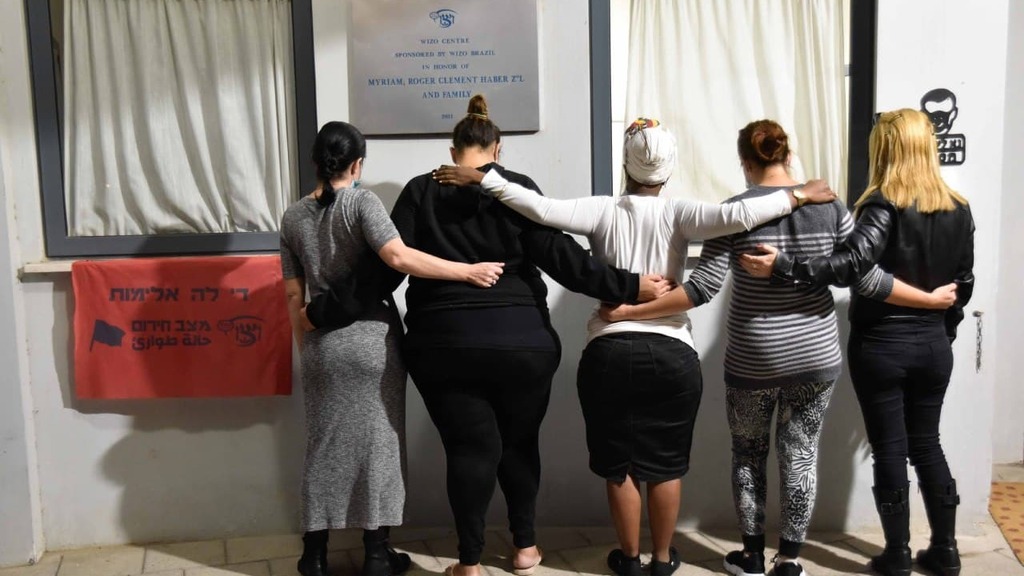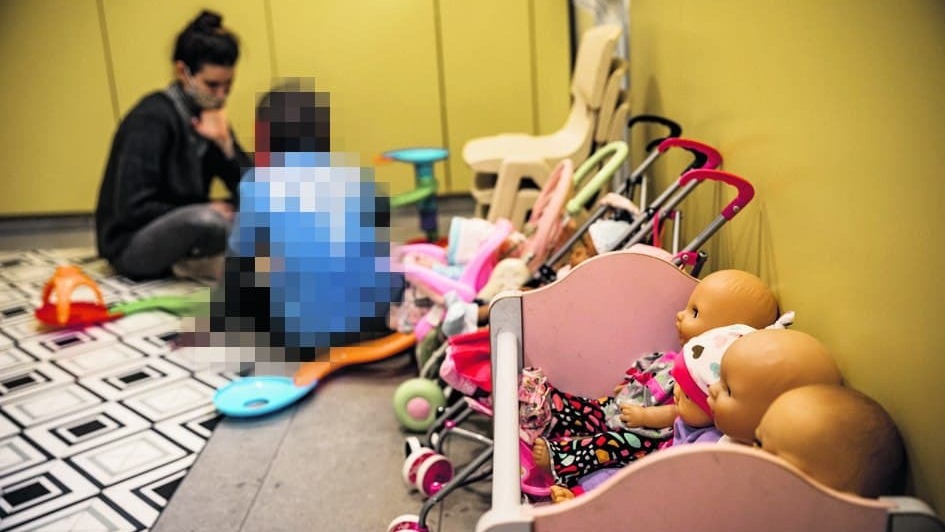Getting your Trinity Audio player ready...
The number of complaints of domestic violence in Israel has increased by 300% since March, a new study found, partly attributing the rise to the two coronavirus pandemic-induced closures and the subsequent economic crisis.
The findings were released Wednesday by the Women's International Zionist Organization (WIZO), a volunteer organization dedicated to social welfare that monitored the amount of calls to domestic violence hotlines. The release of the study coincided with International Day for the Elimination of Violence against Women.
Since the start of 2020, some 20 women were murdered by their spouse, with 18 of the murders having occurred after the coronavirus pandemic first broke out in Israel in March.
The report also noted a 350% increase in the number of women asking for help in centers for the prevention and treatment of domestic violence.
"The monstrous breadth of domestic violence cases during the coronavirus crisis should serve as a wake-up call for society as a whole and for the government in particular," said WIZO chairwoman Anita Friedman.
“The data reveals the [state’s] lack of resources and strategy in dealing with the enormous damage that isolation and closures have caused to tens of thousands of women who found themselves caught between a coronavirus pandemic and a domestic violence pandemic," she said.
"Data from the Ministry of Welfare also showed that from March to October, there was an increase of 240% in calls to social services departments throughout the country due to domestic violence."
An average of 40 investigations into domestic violence are opened in Israel each day. They include severe offenses such as physical violence, trespassing, damage to property, violations of court orders and more.
From 2019 to 2020, there was an increase of about 28% in the number of violent offenses against Jewish women, and an increase of 10% in the number of violent offenses against non-Jewish women in Israel.
The WIZO report also states that two-thirds of those convicted of domestic violence offenses and released during 2019 did not receive appropriate treatment for their violent tendencies, while the number of domestic violence convicts participating in community rehabilitation programs remained extremely low.
First published: 10:43, 11.25.20





